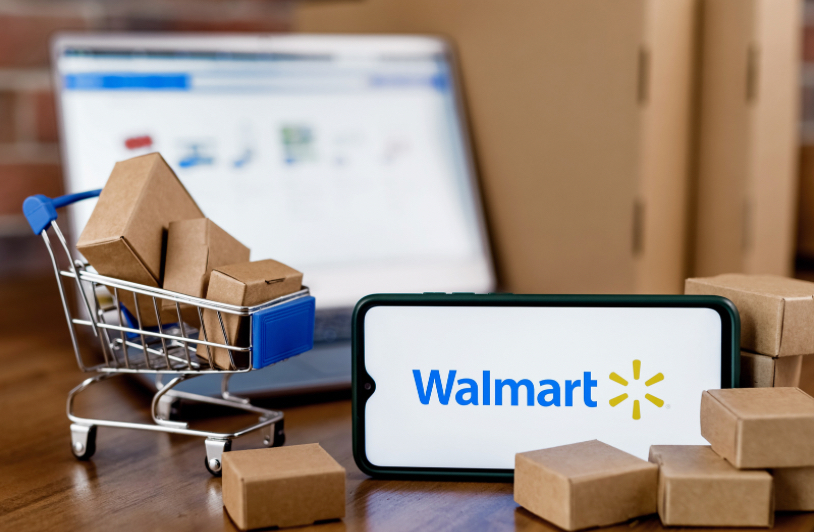Consumer Data Safety Is a Concern For Many at the Forefront of Walmart’s Vizio Acquisition
In a joint effort, Demand Progress Education Fund and 18 other like-minded organizations have tackled pressing concerns regarding consumer data safety in a letter to the Federal Trade Commission (FTC) and the Department of Justice (DOJ) Antitrust Division surrounding Walmart’s $2.3 billion acquisition of Vizio, encouraging them to take action and investigate proposed consumer threats.
The acquisition has a possibility of undermining existing privacy protections and exposing more Americans to the wrath of big data breaches in hope for significant profitability at the hands of Walmart — an already nearly $500 billion dollar corporation.
The letter, directed to Chair Lina Khan (FTC) and Assistant Attorney General Jonathan Kanter (DOJ), touches on the possible effects on consumers, with emphasis on data hoarding, privacy issues and negative impact overall on the free market.
“…we believe it would be harmful to consumers and dangerous to the free market from multiple standpoints. We urge you to apply the highest level of regulatory scrutiny to the proposed transaction,” an excerpt from the letter reads.
The letter also suggests that Walmart’s purchase of Vizio’s advertising network and ecosystem services — obtaining millions of American browsing and viewing history’s — will limit consumer choice and increase profit and self preference among those working for Walmart.
It’s worth noting that Vizio is no stranger to violating consumer privacy, as data issues over the past few years have proven a reality. In 2017, Vizio abused data without consent of 11 million users, gaining access to their television watch history, which was reflected in an FTC consent decree as a result.
“These privacy and data security risks are especially alarming as Vizio is already notorious for undermining and violating consumer privacy, reflected in a federal consent decree prompted by its history of collecting and sharing consumers’ TV viewing histories without consent. The proposed Vizio acquisition threatens to jeopardize future critically important privacy protections stipulated in that settlement, as well as expose even more Americans to similar privacy dangers,” another excerpt from the letter read.
Emily Peterson-Cassin, corporate power director for Demand Progress, says that “Walmart already operates one of the most comprehensive consumer data harvesting programs in the world. Adding more devices to that data hoard will increase Walmart’s privacy invasive new business model, and allow a massive company a window into our private home viewing choices.”
Cassin also explained that the goal of Walmart in making this decision is to track, predict and control how a consumer spends and earns their money, and she believes that this seems like a purchase that would be data-valuable for Walmart’s business model.
“The end goal of the commercial surveillance business model is to track, predict and control how a consumer spends and earns their money, and how they interact with the world at large,” she said. “Though this purchase is not a large one in terms of mergers we’ve seen in recent years, it’s telling that this purchase seems only valuable in terms of the data. The actual televisions lose money for Vizio.”
Cassin believes that the best way to stop this is to “limit the data collected in the first place to only what’s necessary for the service to be delivered,” which she hopes will happen when the FTC puts out its proposed rule on commercial surveillance later this year.
Those with bylines on the letter in addition to Demand Progress Education Fund: American Economic Liberties Project , Blue Future, Center for Digital Democracy, Electronic Privacy Information Center (EPIC), FreedomBLOC , Institute for Local Self-Reliance, Main Street Alliance , Media Alliance, NextGen Competition, Open Markets Institute , Other 98%, Progress America, Public Citizen , Revolving Door Project , RootsAction.org, Social Security Works , UFCW 3000 and United for Respect.
Contact the FTC: 600 Pennsylvania Avenue, NW Washington, D.C., 20580. Telephone: (202) 326-2222




